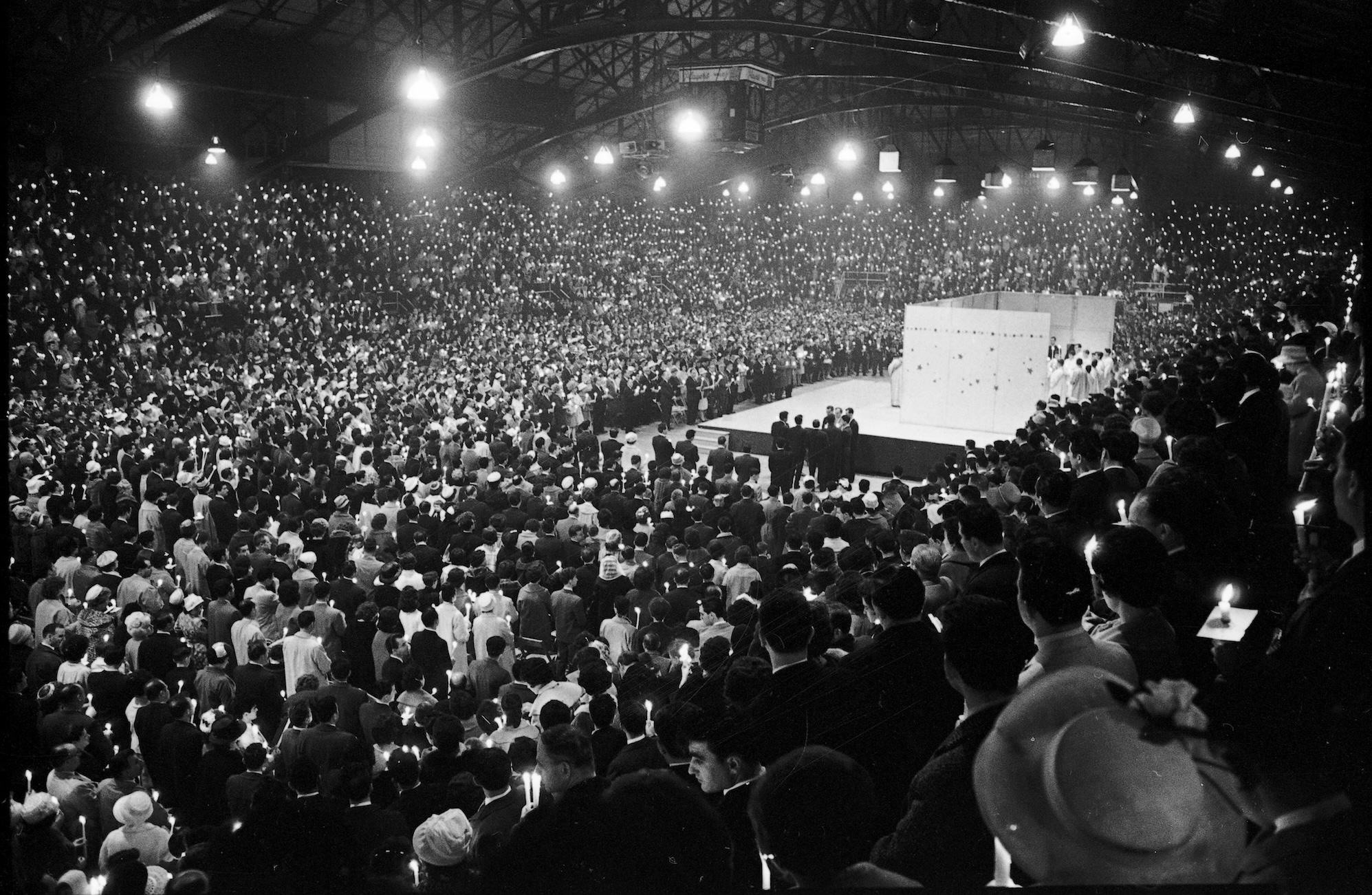
The research team conducts semi-structured, one-on-one interviews that foreground the voices of the storytellers, allowing them to share their memories in their own words and on their own terms. To preserve the authenticity of each narrative, interviews undergo minimal editing. Anonymity is offered as an option, and the project collects ethics approval and informed consent, ensuring participants understand the purpose and accessibility of their interviews.
The personal narrative, across all four projects, serves not only as testimonies, but as reflective, meaning-making practices. Each researcher within the HHF GCA uses a unique, multidisciplinary approach—drawing from anthropology, cinema, music, and history. By collecting and curating these stories, we seek to connect trajectories that have historically remained unlinked, revealing broader patterns and relationships across time, space, and experience.
Oral histories offer insights that are often absent from official or written records. They capture the texture of memory, emotion, and lived experience, adding depth to broader historical narratives. By highlighting the voices of individuals, particularly those who have historically been underrepresented, oral histories help democratize the archive. They serve not only as records of the past but also as tools for dialogue, reflection, and community engagement.

The HHF GCA Oral History Collection contains over two hundred hours of recorded interviews, archived with detailed metadata and timestamps, allowing visitors to quickly locate content relevant to their interests. Interviews are grouped into nine thematic categories and are tagged to reflect the major topics, people, places, and experiences discussed. Each entry is also associated with the referenced decades, enabling users to filter results chronologically. The Collection includes a search function that searches indexed terms for each interview, enhancing discoverability and enabling targeted research across the archive.
To access the entire Collection, register to create an account.


Athanasios (Sakis) Gekas

Alexandros Balasis

Angelo Laskaris

Vasilis (Bill) Molos

Alexandra Mourgou

Effrosyni Rantou

Theo Xenophontos